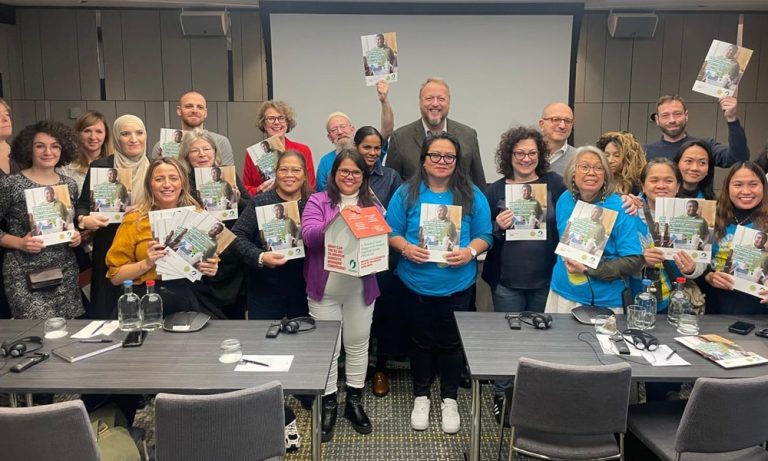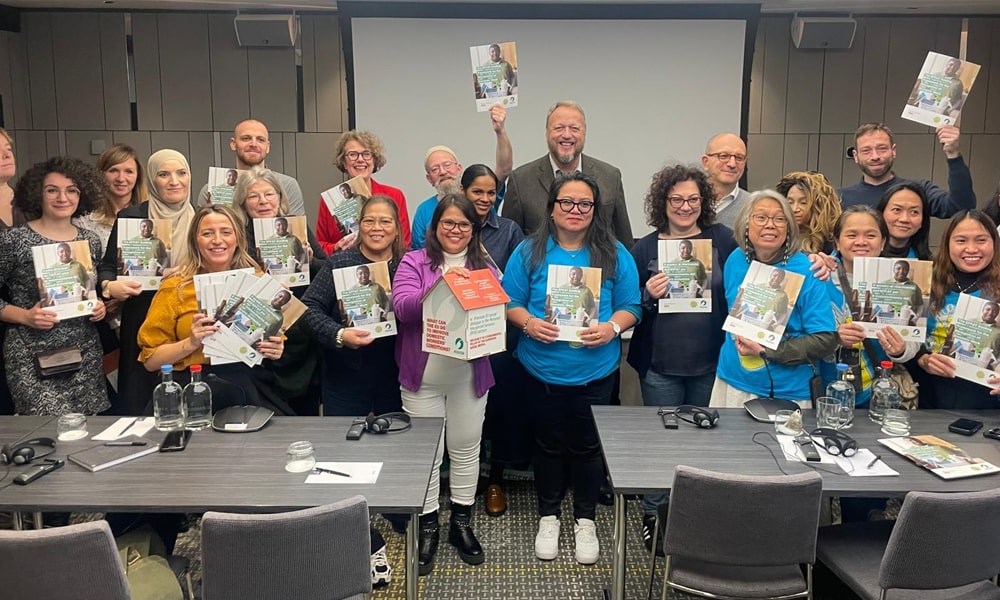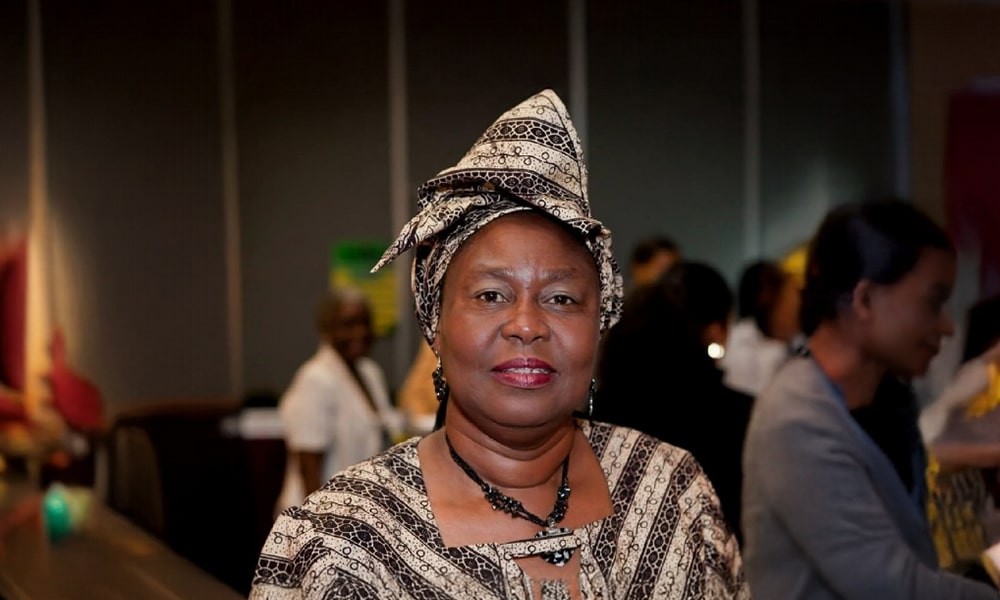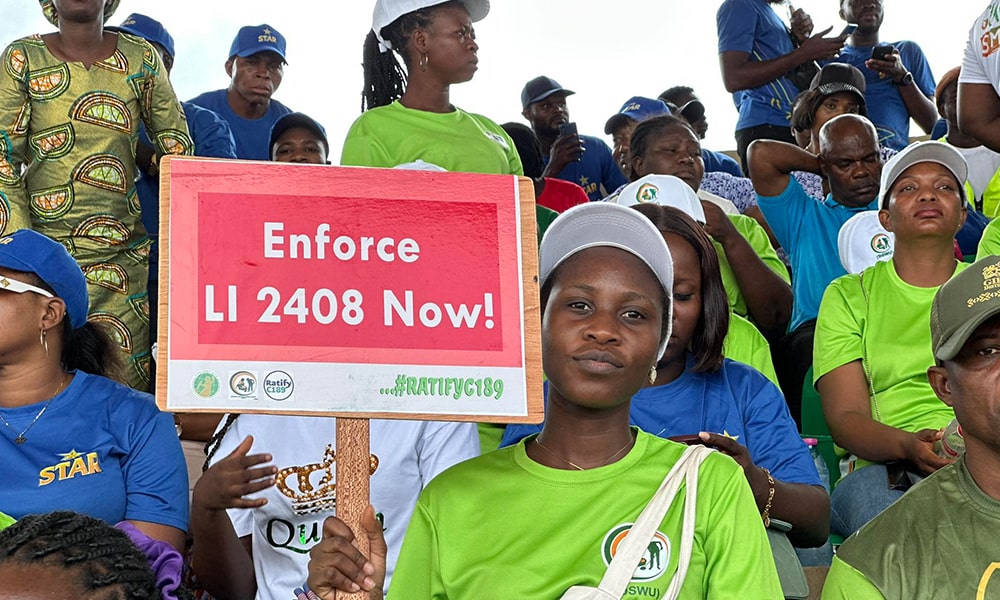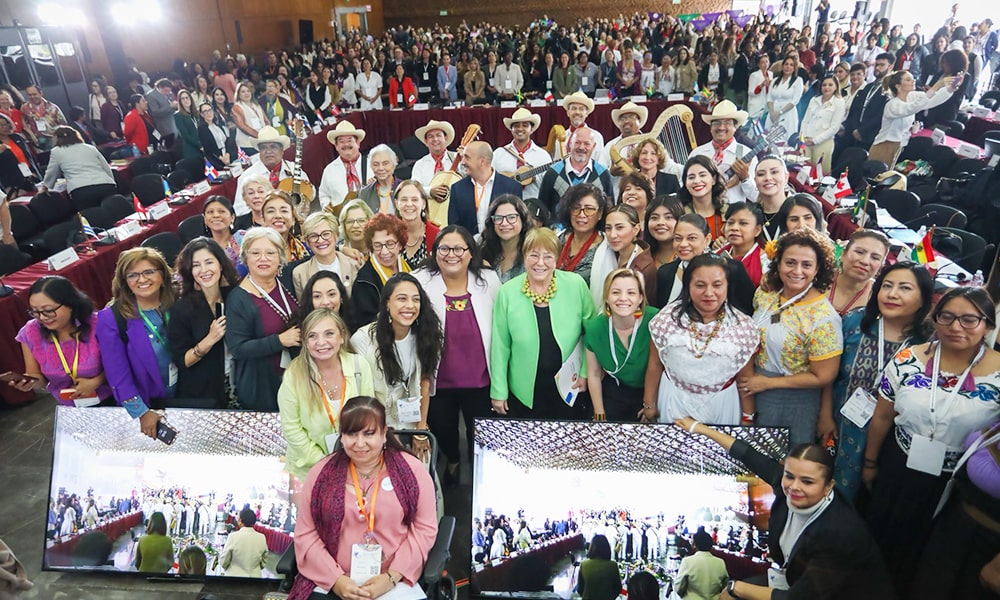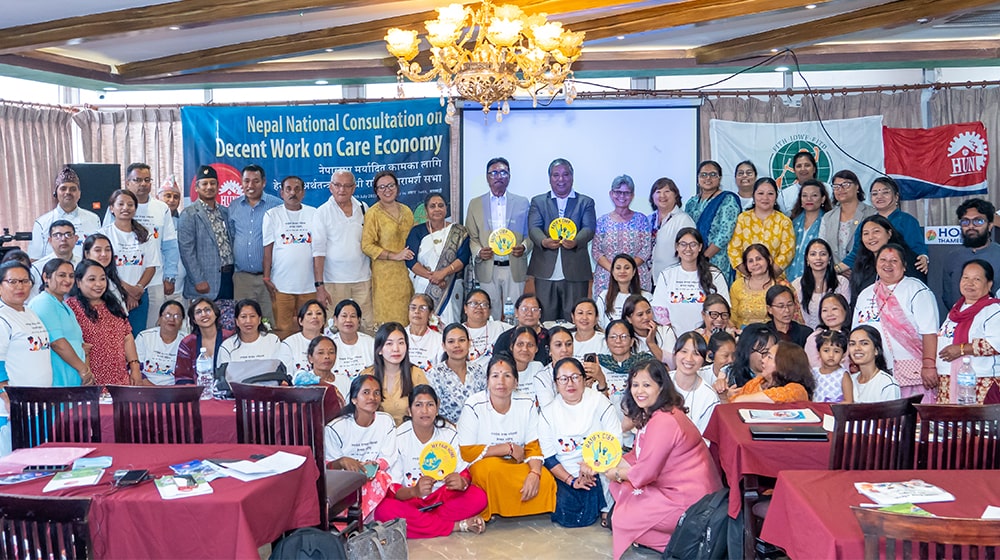IDWF May Day Statement 2025
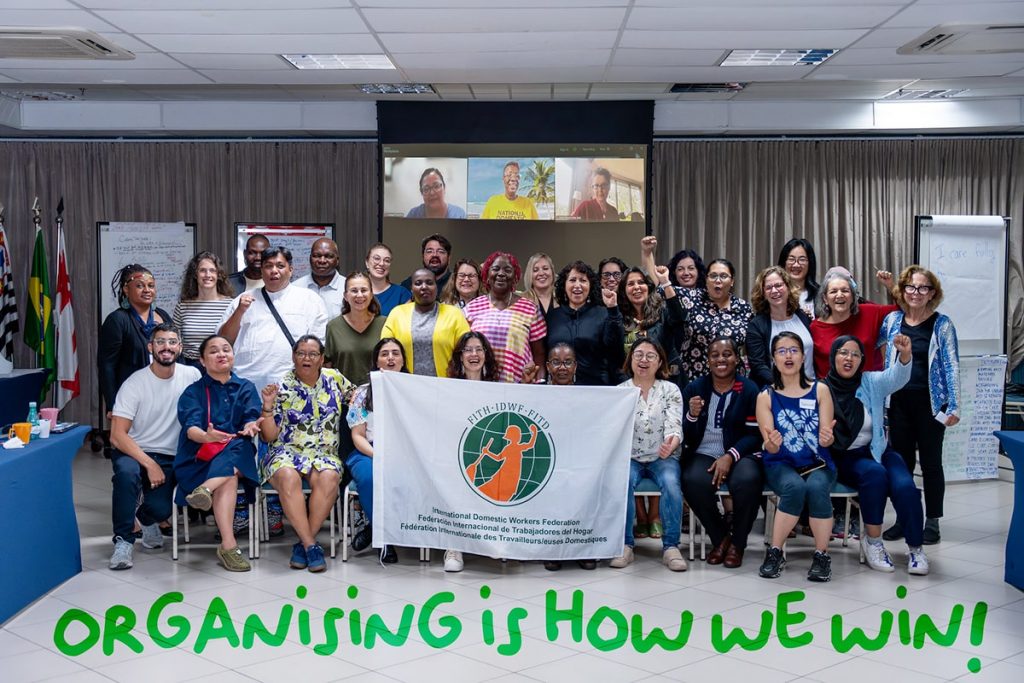
This May Day finds us amid multiple global crises: political, economic, environmental, and care-related. This scenario deepens the challenges that domestic workers have historically faced, but it also represents an opportunity to make our essential role as care providers visible and to help shape a more just, equitable, and sustainable care economy for everyone—one built on decent work for those who uphold it. We have the transformative power to forge a world rooted in social justice for all domestic workers, everywhere. Together, we win!
As the global demand for care continues to rise, public care services and infrastructure have fallen behind. To fill these gaps, many countries are relying on a flexible, low-cost workforce made up of domestic workers—mostly drawn from the most disadvantaged groups of the population: poor, racialized, and migrant women—who are underpaid, informally employed, and subjected to abusive labor conditions. Our work sustains societies and economies, making all other work possible, while our rights and dignity are systematically erased.
By 2030, 2.3 billion people worldwide will need care. If governments invest in transformative care systems that place decent work for domestic workers at their core, the care economy has the potential to create 270 million new jobs by then (ILO 2022). This would also make it possible to end the commodification of care and of those who provide it, paving the way for a future where care workers are recognized, valued, and fairly compensated, and where everyone has access to quality care.
We Fuel the Care Economy
Globally, domestic workers employed solely in private households account for over 25% of the care workforce. We perform skilled care work, both direct (caring for children, older persons, and persons with disabilities) and indirect (cleaning, cooking, laundry, ironing, and more). Yet despite our essential role in supporting households and the well-being of families, the perception persists that domestic work is not “real” or formal work—and even less so skilled work; and therefore, that homes are not workplaces and householders are not employers.
The structural undervaluation of domestic work, rooted in entrenched patterns of discrimination based on gender, race, ethnicity, caste, social class, and national origin, is at the heart of the massive decent work deficits that prevail in our sector, resulting from lack of legal protections, poor enforcement of labor laws, and widespread employer non-compliance. More than 36% of domestic workers are excluded from labor laws, over 50% are not entitled to social protection, and more than 80% work informally without any access to social security (ILO 2024). This perpetuates the undervaluation of domestic work and sustains a cycle of inequality and poverty.
Migrant domestic workers face additional vulnerabilities. As a result of discriminatory labor migration policies, they are often excluded from legal and social protections and denied the right to freedom of association. Restrictive migration schemes, such as temporary or circular migration models, also drive irregular migration and informal employment, further increasing the risks of exploitation, abuse, violence, forced labor, and human trafficking. One in three employed migrant women works in the care economy, compared to one in five non-migrant women. They play a key role in the development of both destination and origin countries, with remittances estimated at around US$685 billion in 2024 (ILO 2024).
Care is not a luxury: care is a universal need and a human right. Decent work for those who fuel the care economy is not a privilege: it is a right enshrined in ILO Convention 189. It’s time for domestic workers to fully enjoy this right!
We Are the Driving Force for Change
Throughout history, our movement has been on the frontlines of change—in our communities, our workplaces, our countries, and in global policymaking spaces. In a time of crisis, we are more determined than ever to drive changes in narratives, behaviors, and policies to achieve decent work for domestic workers in the care economy.
This May Day, we demand:
- Ratification and effective implementation of ILO Convention 189 / National legal protections aligned with this standard.
- Formalization: written contracts, minimum wages, and full access to social protection.
- Recognition as care workers entitled to social security benefits and care services for ourselves and our families.
- Skills recognition as providers of direct and indirect care: equal pay for work of equal value.
- Safe and just labor migration: legal and social protections throughout labor migration cycles, regardless of migration status; inclusive and rights-based regularization policies that integrate migrant domestic workers into the formal economy; access to justice and effective transnational complaint and redress mechanisms; pre-departure training and awareness-raising.
- Eradication of all forms of discrimination, violence, and harassment in domestic work, starting with the ratification of ILO Convention 190.
- Freedom of association and collective bargaining.
- Voice and representation in all policymaking and decision-making spaces related to domestic work, the care economy, the platform economy, and labor migration.
- Effective law enforcement and labor inspection mechanisms in domestic work, fostering a culture of employer compliance.
- Regulation and monitoring of digital platforms and employment agencies to guarantee formal and fair working conditions for domestic workers and prevent forced labor and human trafficking.
Today, let’s join our voices in the call for recognition, dignity, justice, and rights. Because domestic work IS work, IS formal work, and IS care work—and Domestic Workers Power Care. Happy International Workers’ Day, comrades!
#MayDay2025
#DecentWork
#WePowerCare

